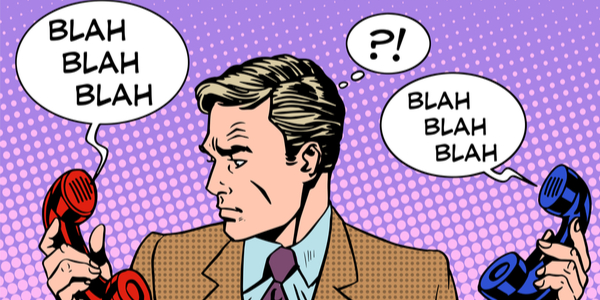Spam calls in the african countries
Spam calls are an issue that concern also the African continent, in fact South Africa, Nigeria, and Egypt are the most affected countries in 2017. Globally, there are common categories that tie all spam calls together, with some of the most common occurring being local scam calls, telemarketing and debt collection calls, and unsolicited finance and insurance product offerings.
Spam calls are big business in South Africa, as the direct marketing industry reported employing more than 150 000 workers, with the average call centre agent logging around 1 600 calls on a monthly basis. This amounts to South Africans being collectively bombarded by tens of thousands of spam calls each and every day.
According to the company’s Top 20 Countries Affected by Spam Calls in 2017 report, South Africa seems to have more of an even spread when it comes to who is spamming. With telemarketing (39%) leading the way, while financial services (24%) and insurance (13%) are the most known types of spam calls. Unlike Kenya and Nigeria, South Africa only has 1% of its local calls marked as scam calls.
Kenya was a different case when compared to the other Top 20 countries listed in this research. Scam calls made up a whopping 91% of the reported spam calls. Scam calls are basically fraud attempts via your telephone, with scammers using a phoney scheme to swindle money from unsuspecting members of the public.
Like its regional partner, Kenya, Nigeria also has an issue with scam calls, but on a noticeably smaller scale comparatively at 10% of the reported total spam calls.
One major problem around spam calls in Nigeria are calls from operators, which amount to the majority (61%) of the total for reported spam calls. Operator spam calls involve telecom companies cold calling people. During these type of calls, call centre agents attempt to upsell data plans or push promotional offers to the public at large.
How to avoid spam phone calls?
Within South Africa, the Direct Marketing Association of South Africa, enables people to add themselves onto a list of non-contactable contacts, at least by members of this association. In addition, more than 250-million people around the world are using apps such as Truecaller to see caller IDs and know who’s calling, even if the number is not stored in their phonebook. This app also enables users to block calls as well as SMSs and report spam callers and messages, allowing the larger community of users to avoid the spammers too.
Source: www.itnewsafrica.com



